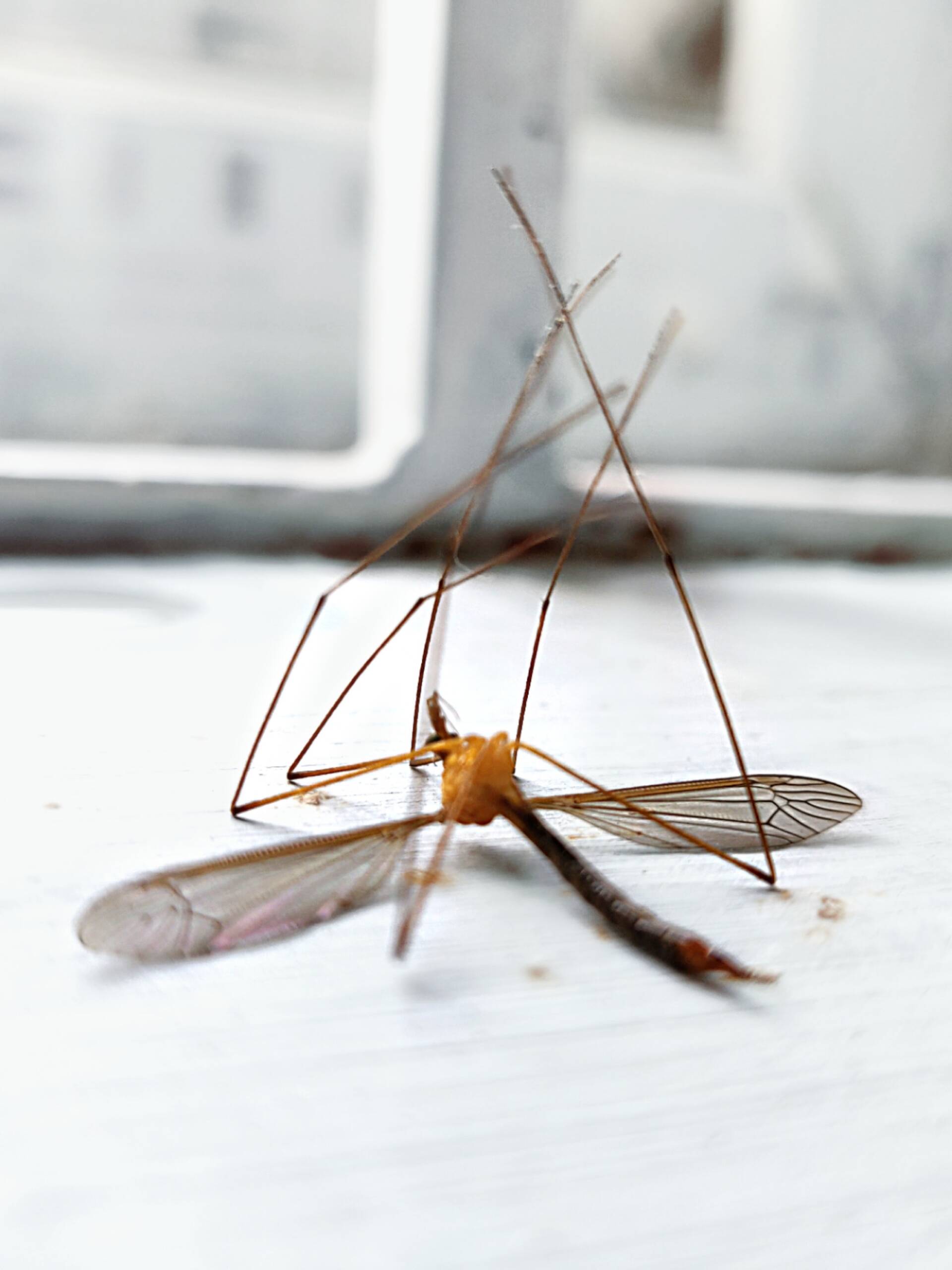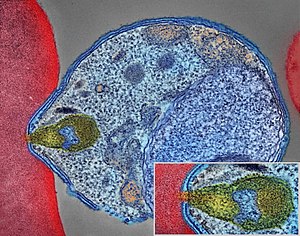Malaria: discovery antibody therapy that produces good coverage
New research has provided an effective way to prevent malaria infections in adults. The clinical study was conducted by the National Institutes of Health (NIH), a medical research center in the United States. For the study, healthy, non-pregnant adults from Mali, Africa were given a dose of an antibody drug during a six-month malarial season. The antibody was up to 88% effective in preventing infection over a period of 24 weeks. The treatment showed for the first time that a monoclonal antibody can prevent malaria infection within an endemic region, which means that antibodies to white blood cells can be used to effectively prevent infection in a region that is known to show this infection as endemic.
According to the World Health Organization (WHO), malaria infected nearly 241 million people globally in 2020 and is difficult to stop because it is transmitted by mosquito bites. It is caused by Plasmodium parasites, which are transmitted when a mosquito injects parasites in a form called sporozoites, specifically Plasmodium Falciparum (P. falciparum) parasites into the skin and bloodstream of humans. Once there, the parasite reaches the liver, where it multiplies and spreads.
Malaria is not Covid. The infection is estimated to have caused 627,000 deaths, mostly among children in sub-Saharan Africa. These cases also involved more than 11 million pregnant women in Africa, resulting in an estimated 819,000 newborns having a low birth weight, significantly increasing the risk of illness and death.
Prophylaxis is not simple: currently, the only malaria vaccine recommended by the World Health Organization (WHO) is called Mosquirix (RTS, S). The vaccine provides partial protection against malaria only in children between the ages of 5 and 17 months and is given in four doses over a period of 20 months. Medicines remain for adults, but these require frequent treatment and can cause severe adverse reactions. So antibody therapy is welcome.
For years, researchers have been trying to recreate an antibody that can stop the infection. The trial is known as NIAID-USTTB and is currently in Phase 2 of the trial. The research test evaluated the safety and efficacy, or treatment efficacy, of a one-time intravenous infusion of a monoclonal antibody called CIS43LS. This antibody was known in the past to defuse P. falciparum sporozoites before the parasites could spread and infect the liver.
For phase 2 of the clinical trial, there were 369 participants, all healthy adults between the ages of 18 and 55. The participants lived in Kalifabougou and Torodo, both localities in Mali, where very high transmission of P. falciparum usually occurs every year from July to December.
The first part of the study looked at the safety of the three different doses of the monoclonal antibody. The doses were 5 milligrams per kilogram of body weight (mg / kg), 10 mg / kg and 40 mg / kg. Each dose was administered intravenously.
The second part of the study looked at the effectiveness of the doses compared to a placebo. 330 participants received 10 mg / kg of antibody, 40 mg / kg or a placebo by intravenous infusion. Only at the end of the study did it become known who had received the dosages or the placebo. The researchers followed the participants for 24 weeks, testing their blood for P. falciparum every week for the first 28 days, then every two weeks.
The effectiveness was tested in two ways. Over the 24 weeks of the study, participants who received the highest dose (40 mg / kg) of the antibody demonstrated 88.2% effectiveness in preventing infection. The lowest dose (10 mg / kg) was 75% effective. Overall, participants infected with P. falciparum at any time during the 24 weeks had a result that showed the antibody was 76.7% effective in preventing infection for the highest dose and 54. 2% for the lowest dose.
So travelers will soon have a less invasive and longer lasting preventive form than drugs. Obviously, however, this will also have effects on plasmodium, with the development of forms resistant to the antibody, triggering a race between cure and disease that is the basis of scientific research.

Thanks to our Telegram channel you can stay updated on the publication of new articles of Economic Scenarios.
The article Malaria: discovery of antibody therapy that produces good coverage comes from Economic Scenarios .
This is a machine translation of a post published on Scenari Economici at the URL https://scenarieconomici.it/malaria-scoperta-terapia-di-anticorpi-che-produce-una-buona-copertura/ on Tue, 01 Nov 2022 09:00:40 +0000.


